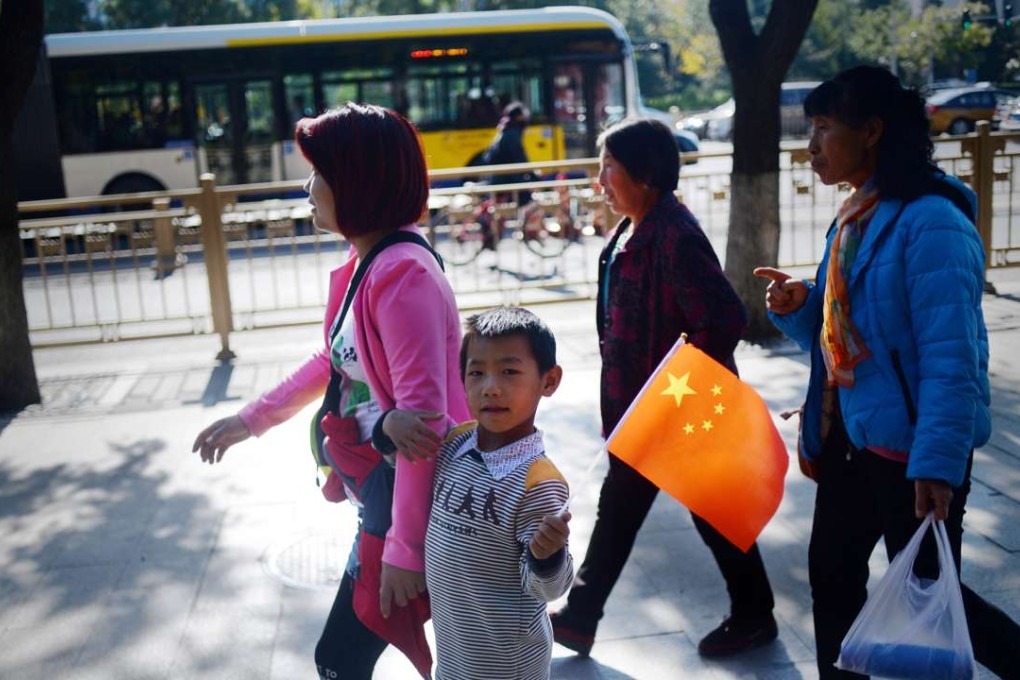Macroscope | Why millennials in rich societies face bleaker prospects than those in poor ones
While emerging economies face the challenge of growing old before growing rich, they are better positioned to institute redistribution than rich nations

Two weeks ago this column compared the economic and social plight of millennials with the accumulated privileges amassed by baby boomers. Many millennials are saddled with high college debts, poor and unstable job prospects, impossible housing prices, little opportunity to save, and plenty of reason to feel disaffected.
Such circumstances are starkly different from those enjoyed by many baby boomers throughout their careers, and increasingly today as pensioners. Causal links join these two conditions at the hip.
Left unchecked, inter-generational inequalities will erode a shared sense of belonging and threaten the very fabric of society.
Moreover, in rich and rapidly ageing societies where these inter-generational inequalities are most prevalent, the situation is aggravated by a growing dependency ratio, with fewer and fewer working age people supporting a growing number of retirees.
The whole dynamic puts downward pressure on growth, compounding increasingly precarious structural realities, especially in advanced economies. Where does this leave emerging economies?
They may face another challenge – that of growing old before growing rich as opposed to becoming rich before a large share of the population grows old.
Lower-income countries facing ageing challenges may have access to more policy levers
